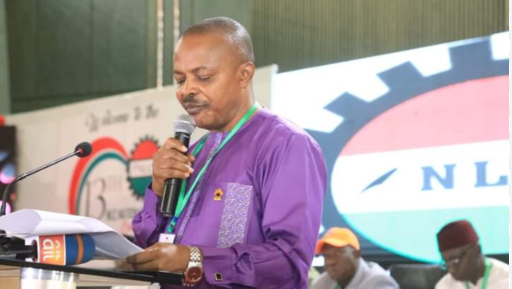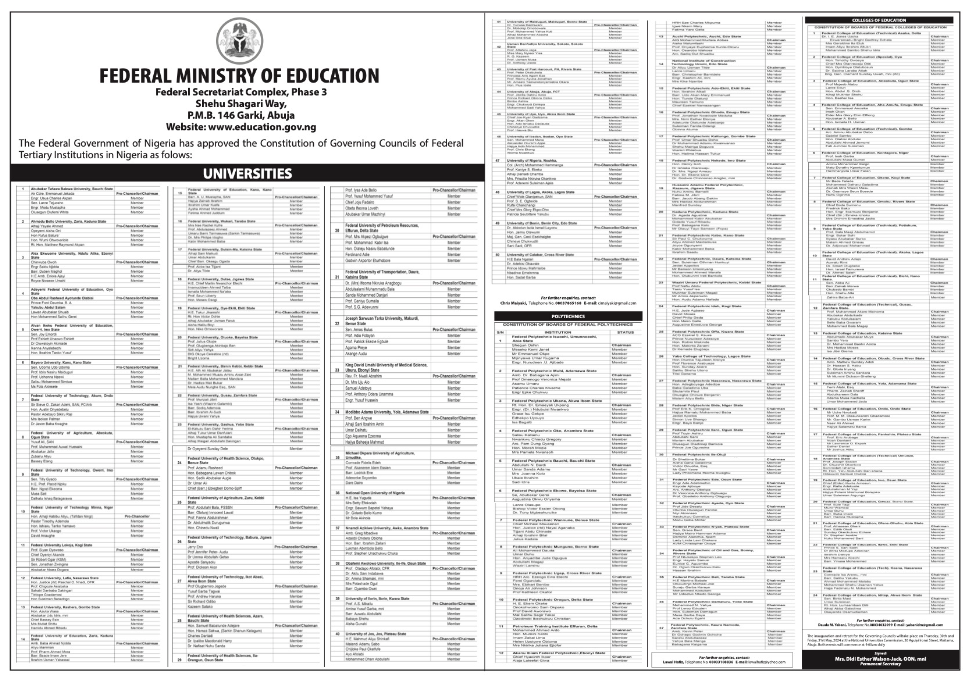By Jemimah Wellington, JKNMedia Reporter
SEVERE ECONOMIC pressures and the expiration of the previous minimum wage on February 18, 2023, have been adduced as reasons for the new minimum wage of N615,000 currently mooted by the Nigeria Labour Congress (NLC).
NLC President Joe Ajaero detailed the rationale behind this proposal during an interview with Saturday SUN, emphasizing the need to align wages with the escalating cost of living.
He explained that the removal of fuel subsidies has drastically altered the economic landscape, rendering the current minimum wage of N30,000 grossly inadequate.
“The current minimum wage can’t cover basic necessities for a family of four, let alone the rising costs of transportation, food, housing, education, and healthcare,” Ajaero stated. He provided a detailed breakdown of average monthly expenses for a family of six, estimating it at N270,000, excluding communication, religious obligations, security, and social needs.
Ajaero highlighted the discrepancy between the government’s promises post-subsidy removal and the reality faced by workers. “We were told that there would be more money after the removal of subsidy, but inflation keeps rising, and workers are suffering,” he noted.
He argued that a wage increase is crucial, not only for worker welfare but also to stimulate production and keep industries running.
Despite concerns that the proposed minimum wage would fuel inflation, Ajaero contended that it would, in fact, reduce inflation by increasing workers’ purchasing power. “If workers are not paid well, factories will shut down due to lack of demand,” he argued.
The NLC’s demand reflects the harsh economic realities faced by Nigerian workers. Ajaero cited the United Nations’ standard that no family can survive on less than two dollars per day, translating to a minimum monthly income requirement of N270,000 for a family of six.
Additional expenses for accommodation, education, medicals, and electricity further justify the N615,000 figure.
Ajaero stressed the necessity of revising the minimum wage frequently to keep pace with economic changes. “Inflation is high, and the naira’s value is down. Without frequent reviews, workers cannot survive the economic pressures,” he said.
He also addressed the power sector’s issues, pointing out the lack of new power plants and the resulting inadequate electricity supply. “Without building new power plants, we won’t have sufficient electricity in the future,” he warned.
Ajaero also stressed that the NLC’s proposal for a new minimum wage is a response to the severe economic conditions and aims to ensure a dignified standard of living for Nigerian workers while the labour movement remains open to negotiations, provided the government addresses the underlying issues driving the cost-of-living crisis. �
Jemimah Wellington
At JKNewsMedia, our dedication to delivering reliable news and insightful information to our cherished readers remains unwavering. Every day, we strive to provide you with top-notch content that informs and enlightens. By donating to JKNewsMedia, you directly contribute to our mission of delivering quality journalism that empowers and informs. Your support fuels our commitment to bringing you the latest updates and in-depth analysis. Let's continue to uphold the highest standards of journalism and serve our community with integrity and dedication. Thank you for being a part of the JKNewsMedia family and for your ongoing support.





